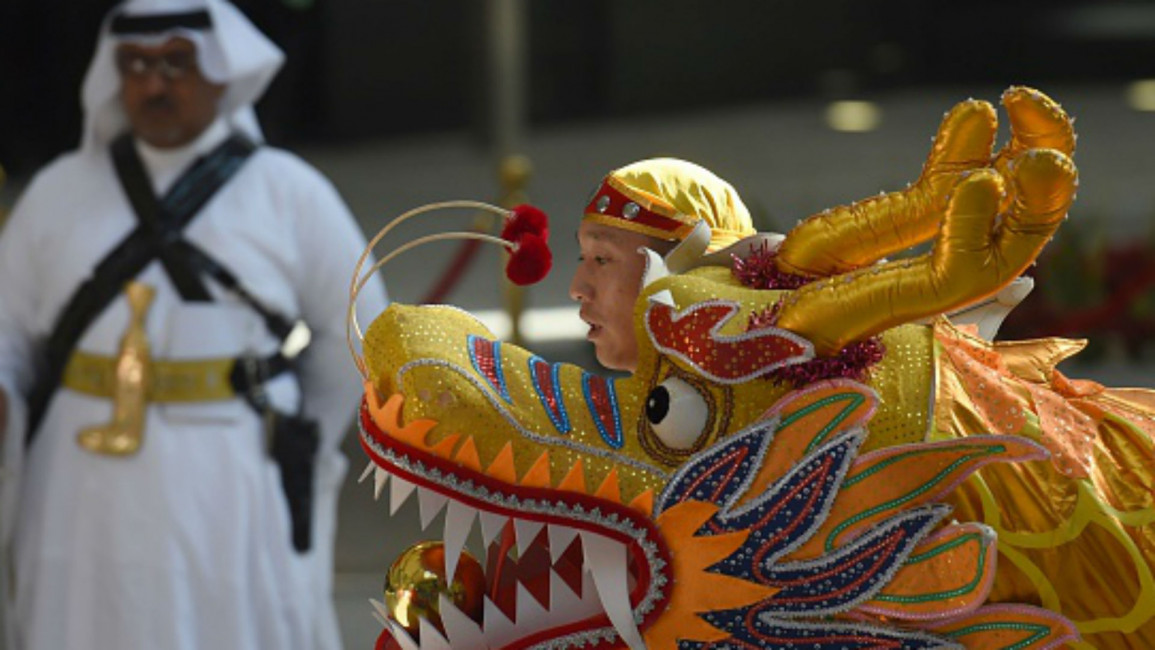China backs Yemeni government says Xi from Riyadh
China affirmed its support for Yemen's government against Houthi rebels on Tuesday following an official state visit by President Xi Jinping to Riyadh.
Xi arrived in Riyadh on Monday for a two-day visit as part of his Middle East tour this week, which will include a stop in Tehran.
The visit is first of a Chinese Premier to Saudi Arabia since 2009.
Saudi Arabia and China signalled their support for the unity, independence and sovereignty of Yemen in a statement issued by the Chinese Foreign Ministry on Tuesday.
"Both sides stressed support for the legitimate regime of Yemen," the statement said.
All of Yemen's social, religious and political groups should uphold their national unity and avoid actions that will lead to social disorder and chaos, the statement added.
A Saudi-led coalition began an offensive on Yemen in March last year in support of Yemeni President Abd-Rabbo Mansour Hadi, following the rapid advance of Houthi rebels through the north of the country and their seizure of the capital Sanaa.
The Houthi advance was aided by armed forces still loyal to ex-President Ali Abdallah Saleh.
Yemen is the Arab world's poorest country and the war between the internationally recognised government and the Houthi rebels led to major food shortages and civilian casualties.
After his visit to Saudi Arabia, Xi will travel to Egypt where he will meet with President Abdel-Fattah al-Sissi and deliver a speech at the Cairo headquarters of the Arab League on China's policies in the Middle East.
In Iran, Xi is set to meet Iranian President Hassan Rouhani as Tehran looks to attract foreign investment following the lifting of nuclear sanctions.
The regional tour of the Chinese President is likely to heavily focus on attempts to dampen the fall-out from the diplomatic rupture between Saudi Arabia and Iran that threatened to destabilise the region.
The Chinese economy is notably dependent on Middle-Eastern supplies for oil and other energy resources and Chinese foreign policy has long promoted stability in the region.
It is currently engaged in a major $46 billion dollar infrastructure project that will join the Gulf region to China through a new network of highways and railways leading to Pakistan's Gwadar Port.
In the immediate aftermath of the Saudi-Iran rift China immediately sent an envoy both to Riyadh and Tehran who called for "calm and restraint" between both countries.



